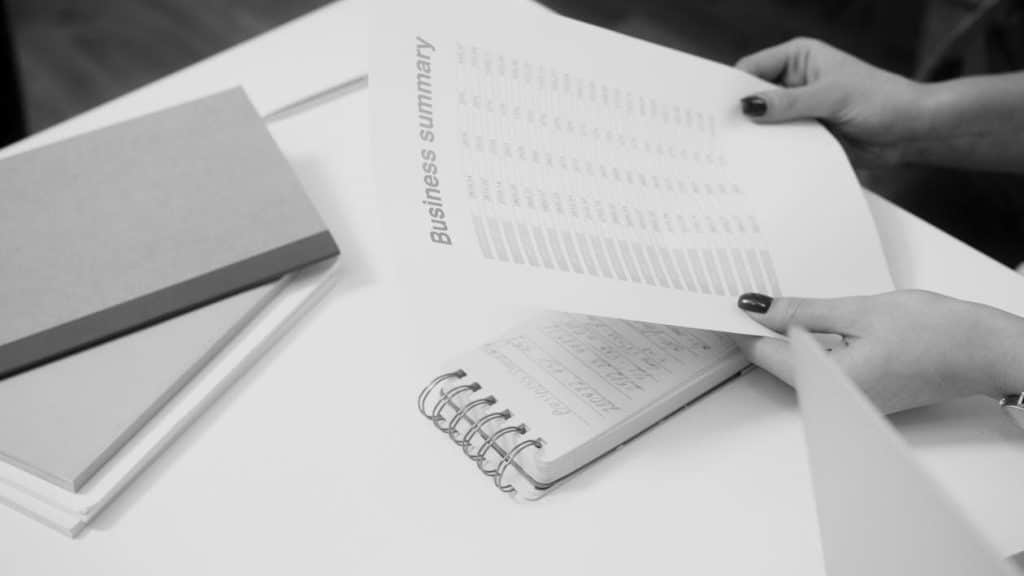Good practice is not just solid financial paperwork; it is also the foundation of running a small business. A clear picture of a company’s health and direction is provided by meticulous tracking of revenue, spending, tax information, and fundamental financial statements. This thorough recording significantly reduces the difficulty of tax season and helps control daily cash flow. Importantly, it provides the essential facts required for informed judgments on new projects or growth. This degree of structured information helps individuals navigate market changes and complicated financial regulations. This is essential for both survival and development, as it creates a consistent audit trail and enhances the trust of lenders or investors.
Income and Revenue Records
Knowing precisely what the business earns requires diligent tracking of all income sources. This involves logging invoices, point-of-sale takings, and sales receipts, as well as matching bank deposits and less frequent inflows, such as grants or capital injections. Maintaining detailed income ledgers is essential. Doing so ensures that tax filings are accurate, whether on a cash or accrual basis. The business maintains compliance with reporting regulations, tasks that often receive professional support from practices like those outlined on www.gsmaccountants.co.uk. Regularly reviewing this data helps spot revenue trends, forecast performance, and inform strategic choices about market focus or investment priorities. Understanding where the money truly comes from is key.
Expense and Cost Records
Controlling costs starts with knowing exactly where the money goes. Meticulous records of all business expenditures are non-negotiable for grasping financial reality. This covers fixed operational costs, such as rent and utilities, alongside variable expenses, including materials, marketing, and travel. Proper expense tracking underpins effective budgeting and is critical during tax season for claiming allowable deductions, which in turn impact the bottom line. Distinguishing between the Cost of Goods Sold (COGS) and operating expenses provides a more profound insight. Categorising spending helps owners pinpoint savings, evaluate vendor pricing, and judge resource allocation efficiency. Good records mean smarter spending. Every receipt counts.
Tax and Compliance Documents
Staying compliant requires maintaining thorough tax and compliance paperwork. Small businesses must keep copies of submitted tax returns, including income tax, VAT, and PAYE/NI contributions. Retaining correspondence from HMRC and proof of tax payments is equally important. Beyond direct taxes, organisational files are needed for permits, licenses, and industry-specific regulatory documents. Having these readily accessible streamlines the tax preparation process. More critically, it provides essential evidence during any inspection or audit, demonstrating financial integrity and adherence to legal requirements. It’s about proactive compliance.
Financial Statements and Reports
Regular financial reports expose performance and stability by transforming raw data into useful corporate insight. The Cash Flow Statement monitors cash flow; the Balance Sheet lists assets, liabilities, and equity; the Profit and Loss (P&L) statement illustrates profitability. Not just historical documents, these are vital tools for strategic planning and company monitoring. By studying trends in these reports, owners can identify strengths and weaknesses, as well as utilise important financial metrics. This study enables prompt changes, improving sustainability and revenues.
Conclusion
Accurate, detailed records covering income, expenses, tax matters, and core financial reports are truly fundamental for small business success and longevity. This rigorous approach provides clear financial visibility, enabling informed and strategic decision-making. Critically, it ensures the business meets regulatory duties, safeguarding against penalties or legal issues. Prioritising meticulous documentation and regular analysis enables business owners to handle challenges more effectively, capitalise on growth opportunities, and establish a lasting financial foundation. Good records mean good control.
Image attributed to Pexels.com

